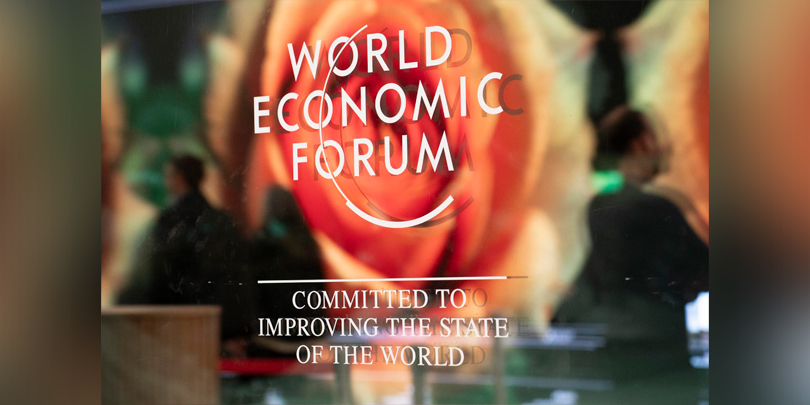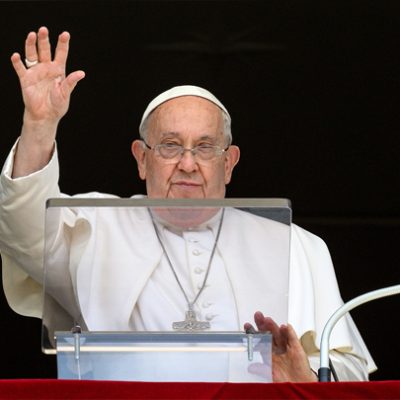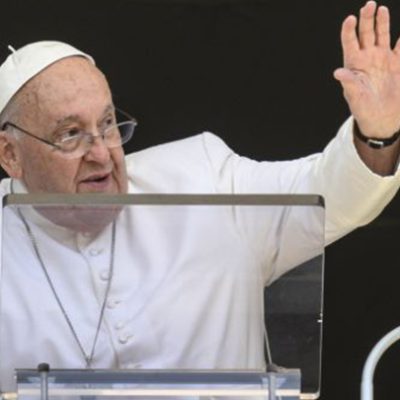
Nations and businesses must work together to promote ethically sound models of globalisation, Pope Francis told world business and government leaders. Source: OSV News.
“How is it possible that in today’s world people are still dying of hunger, being exploited, condemned to illiteracy, lacking basic medical care and left without shelter?” he asked in a message sent to the World Economic Forum in Davos, Switzerland.
“The process of globalisation, which has by now clearly demonstrated the interdependence of the world’s nations and peoples, thus has a fundamentally moral dimension, which must make itself felt in the economic, cultural, political and religious discussions that aim to shape the future of the international community,” he wrote.
The Pope’s message, addressed to Klaus Schwab, chairperson of the World Economic Forum, was published by the Vatican yesterday
This week’s annual meeting in Davos (January 15-19) brought together people representing business, government, academia and media to discuss a number of themes: security and cooperation; growth and jobs; artificial intelligence; and climate, nature and energy.
In his message, the Pope wrote, “In a world increasingly threatened by violence, aggression and fragmentation, it is essential that states and businesses join in promoting farsighted and ethically sound models of globalisation.”
These models must entail “subordinating the pursuit of power and individual gain, be it political or economic, to the common good of our human family, giving priority to the poor, the needy and those in the most vulnerable situations,” he wrote.
Because of the global nature of many businesses and finance, nations “have a limited capacity to govern rapid changes in international economic and financial relations,” he wrote.
“This situation requires that businesses themselves be increasingly guided not simply by the pursuit of fair profit, but also by high ethical standards, especially with regard to the less developed countries, which should not be at the mercy of abusive or usurious financial systems,” he wrote.
FULL STORY
What did the Pope say to the leaders at Davos? (By Carol Glatz, CNS via OSV News)






